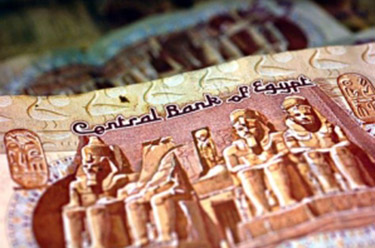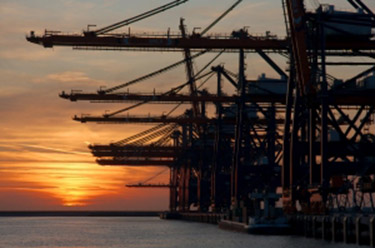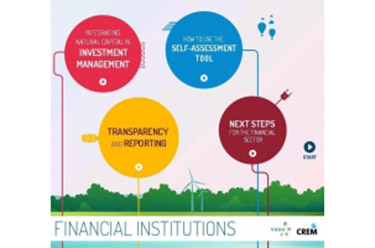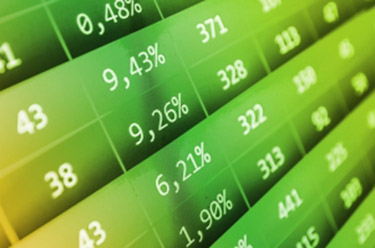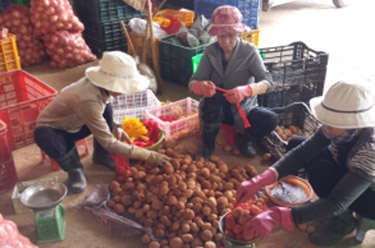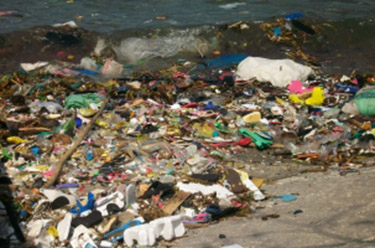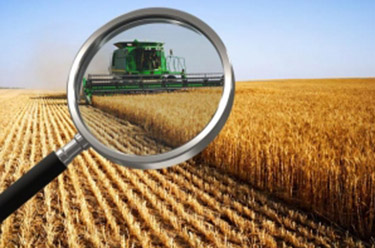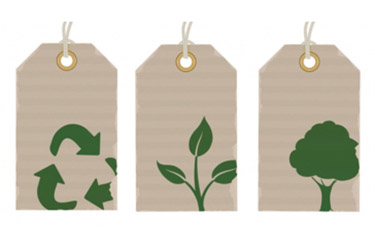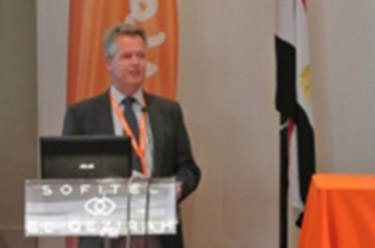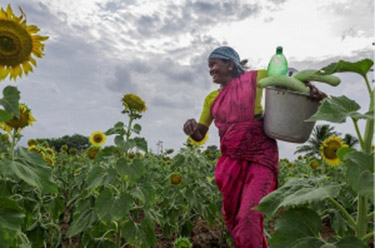It was raining cats and dogs the night of the seminar on sustainable banking in Cairo. Nevertheless, the room at the Egyptian Banking Institute was full of interested bankers. The reading by Wijnand Broer (CREM) and a presentation by the Arab African International Bank (AAIB), a leader in sustainable banking, were enthusiastically received.
Prior to the seminar, CREM, with the Egyptian Banking Institute and a local consultant, gave a number of training sessions for Egyptian bank employees, financed by the Dutch Ministry of Foreign Affairs. (more…)News
Restaurants Serve the Fab Five
Indirect Effects of Port Construction
The Dutch government is committed to making the worldwide development and expansion of seaports more sustainable. In the planning stages of these projects, the Environmental and Social Impact Assessment (ESIA) studies play an important role, as many other decisions are based on them.
The government asked the Environmental Impact Assessment (MER) Commision to identify sustainable good practices for ESIAs. The MER Commission then tasked CREM with the analysis for the social economic dimensions of ESIAs. For this assignment, ESIAs for port construction in Africa, Southeast Asia and Central and South America were analyzed. (more…)Sustainable Resource Extraction
Interactive Guide on Natural Capital & Financial Institutions
VBDO (The Dutch Association of Investors for Sustainable Development) and CREM present a unique interactive guide and self-assessment tool on natural capital for financial institutions.
The guide provides practical guidance to financial institutions that wish to take their interactions with natural capital into account in their investment management. For example, how natural capital can be translated to responsible investment strategies such as exclusion, active ownership, ESG-integration (Environmental, Social and Governance) or impact investing. Also, guidance is provided on how financial institutions can be transparent in their actions and impact regarding natural capital. (more…)Editorial Board Natural Capital
There are currently various programs to help companies work smarter and more efficiently with natural resources, biodiversity and ecosystems (otherwise known as natural capital). In addition to the Natural Capital Help Desk, Platform BEE (Biodiversity, Ecosystem and the Economy) has started a program called ‘Natural Captains’ for leaders in the area.
Natural Captains
In this program, dozens of forward-thinking Dutch companies challenge the others and themselves to take real action. The common goal is to achieve measurable results in the sustainable use of natural capital in business practices or the supply chain. (more…)Sustainable Banking
The financial sector realizes that sustainability is important for the long-term success of businesses. Financial institutions such as banks, pension funds and insurers are making more demands on how businesses conduct themselves in the ESG (environmental, social and governance) sectors. They do this in order to better estimate the financial risks of investments, but moral and sustainability considerations also play a role.
In the Netherlands, the ASN Bank and Triodos are the known leaders in the field.Financial sector on our home turf
(more…)The First Assessment of the Vietnamese Potato Project
Decent Work in International Supply Chains
The Ministry of Social Affairs and Employment commissioned Nyenrode Business Universiteit and consultancy firm CREM to conduct a research project concerning the impacts of global supply chains on the compliance with the 'decent work' norms defined by the International Labour Organisation (ILO). These ILO norms have been incorporated in various international treaties and statements, and agreed upon by many countries around the world.
The research team examined regulatory practices in 20 countries and corporate practices in 5 sectors in order to detect innovative instruments employed to improve decent work via global supply chains. (more…)Recycling Plastic Waste from the Water
Scan your impact on Natural Capital
Not all companies are aware of the importance of natural capital for business operations: all of world’s natural resources, such as geological resources, soil, air, water and biodiversity. Companies depend on natural capital to various degrees; the way a company deals with it could involve risks and opportunities.
Working with Royal HaskoningDHV, CREM has developed an online Natural Capital Quick Scan for companies that operate on national and international markets. (more…)Green washing or honest advertising?
More and more labels announcing environmental benefits, such as “100% organic” or “Good for the environment”, adorn consumer products. With these labels the producer suggests that this product is more environmentally friendly than other similar products. But what if it was legally mandated that all such products must be 100% biodegradable? Would it still be allowed to make these self-proclaimed ‘environmental claims’?
There are existing regulations for the use of labels and claims for some products, like the energy labels on fridges, washing machines and lights. For other products, where there is no existing regulation, ensuring the truth of these environmental claims is the responsibility of the Dutch and EU advertising commissions. (more…)10 Tips for Communication about Sustainable Fashion
CSR in Egypt
Smallholder Farmers Closer to Certification
The current market is increasingly asking for certification as a guaranty for sustainability. Smallholder farmers are also confronted with this trend. However, smallholder farmers often lack the right skills and motivation to keep records of their input use and other agricultural data. These data are needed to demonstrate compliance with the respective certification standard.
In order to give this group a hand, CREM, on behalf of the Netherlands Enterprise Agency (RVO), has developed a handbook for smallholder farmers who would like to be certified according to the Roundtable on Sustainable Biomaterials (RSB) standard. (more…)
